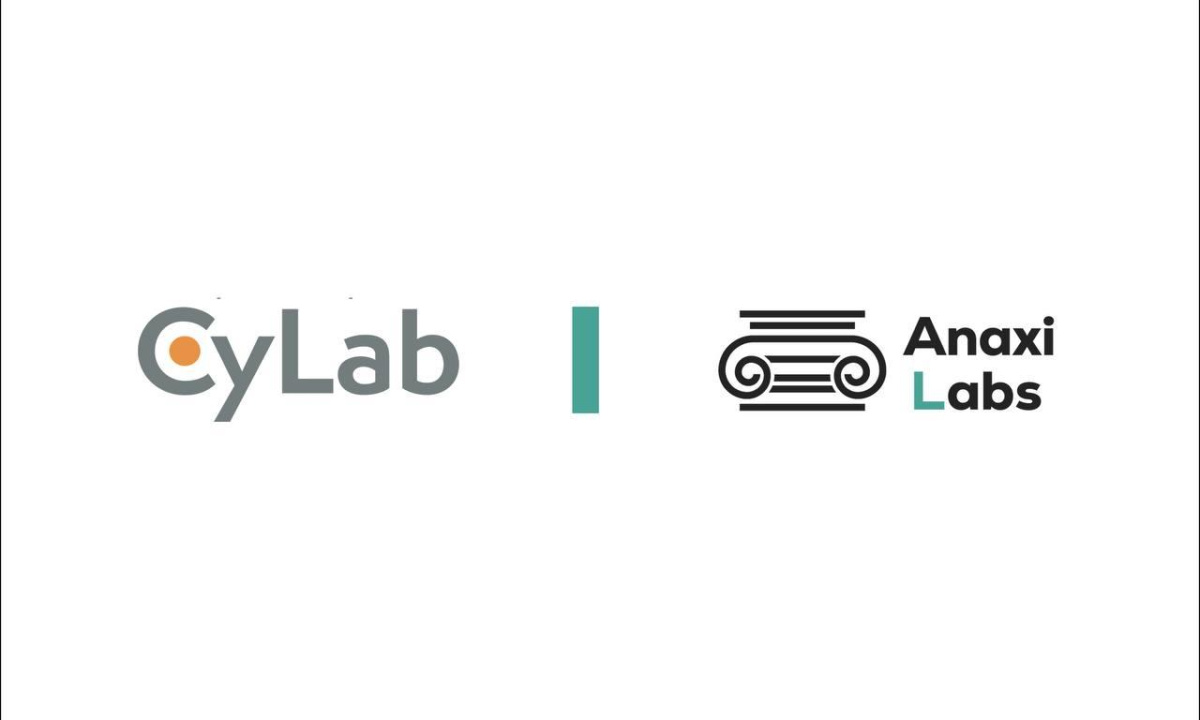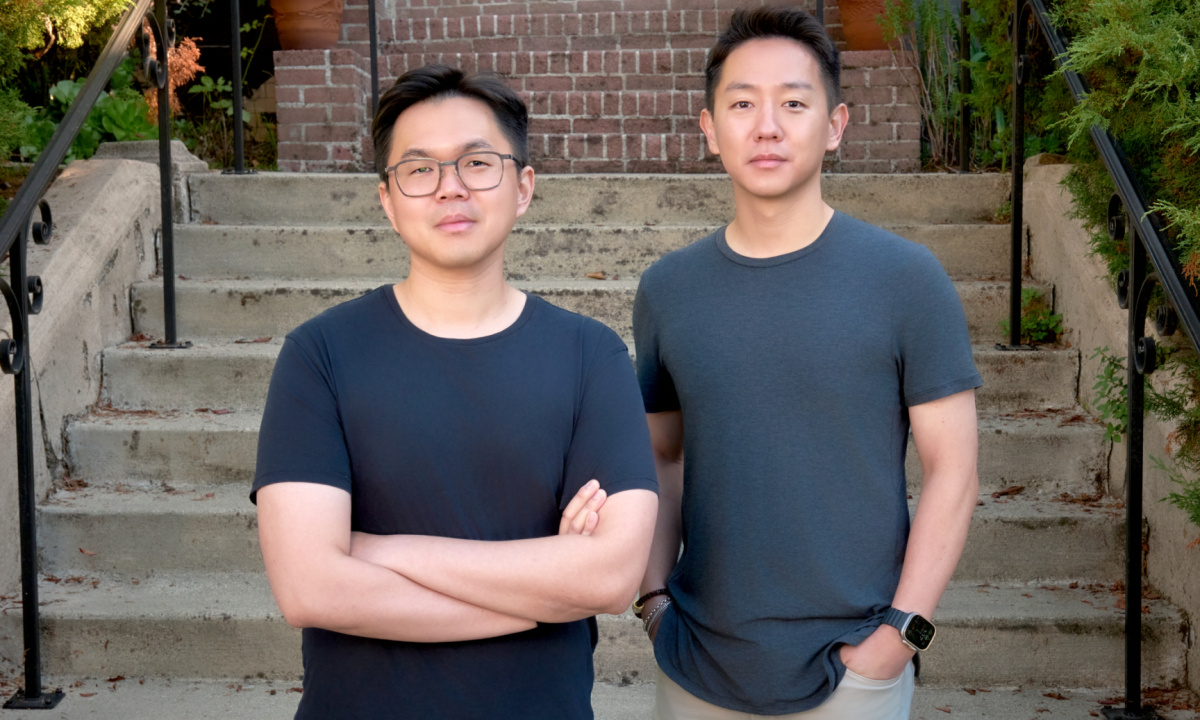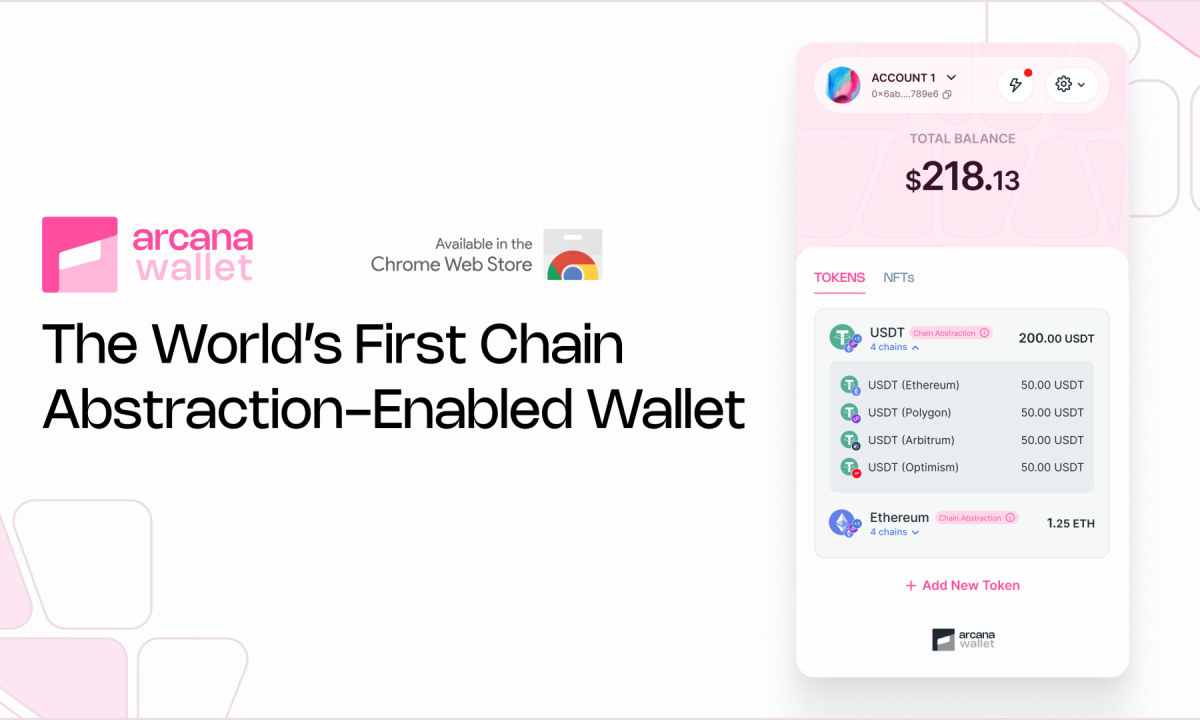Anaxi Labs and Carnegie Mellon University’s CyLab unveil groundbreaking proof system

December 6, 2024, Pittsburgh, USA, Chainwire
Anaxi Labs, in collaboration with CyLab, the cybersecurity and privacy lab at Carnegie Mellon University, has released a compiler framework for cryptography that addresses the challenge. Building scalable applications using zero knowledge requires fundamental trade-offs. Until now, the elusive trifecta of scalable, cryptographically secure, and decentralized applications was considered impossible and a barrier to mass adoption.
A breakthrough in uncompromising encryption
Blockchains like Ethereum have been hailed as the future of decentralized infrastructure, with zero-knowledge (ZK) technology predicted to improve Ethereum’s security and scalability beyond 120 TPS. According to the team, developing a ZK proof is complex and time-consuming, requiring dozens of developers and thousands of hours. Prioritizing speed in proof generation also means designing protocols manually, which results in serious security vulnerabilities due to manual coding and tens of thousands of lines of code. This complicates the creation of security-sensitive decentralized applications and makes auditability and compliance a nightmare. This all hinders widespread adoption in regulated industries such as finance, healthcare, and AI.
A team of Carnegie Mellon researchers is working with Anaxi Labs to overcome this trade-off.
A recent paper from CMU presents an innovative method. directly Compile high-level software and translate it into a simpler form (low-level representation) that the underlying proof system needs to work. And all of this is done automatically, repeatably and auditably, eliminating manual tasks and dramatically improving performance while cryptographically ensuring process security. It achieves this by analyzing a high-level program, dividing the program into small, indivisible units, and then generating a low-level representation from each unit that can be easily input into a variety of proof systems.
“The idea of breaking down computations into very specific chunks that take over the CPU in an automatic way is a new approach, and this is the first time someone has tried this approach that avoids a full program representation. It’s a compiler,” said Riad Wahby, assistant professor of electrical and computer engineering at Carnegie Mellon University. “We are very excited about it.”
Unlock new decentralized applications
The research and frameworks Anaxi Labs is building through its research are set to revolutionize industries in Web3 and beyond. In traditional and regulated finance, it improves performance while maintaining auditability, enabling real-time settlement of intra-bank transfers, such as instant USD payments. In the healthcare sector, amid the challenges facing 23andMe, secure, privacy-preserving encryption tools enabled by products being developed by Anaxi Labs now address critical issues and secure use of personal genetic information by ensuring rightful ownership of DNA. At the same time, valuable research became possible. Within enterprise AI and critical physical infrastructure areas, distributed solutions that require high availability and zero latency, such as rapid fine-tuning and inference across multiple data and compute power resources, become a reality.
In the near term, our research-based products provide the most effective solutions for Web3 companies struggling to balance scalability, security, and decentralization, and provide new design paradigms for rollup and interoperability.
“This research, and the products we are building by integrating it, will have a profound impact on many of today’s critical industrial applications that require secure solutions for massive performance overheads such as ZK and EVM, and will finally bring us to the doorstep of our cryptographic vision. It will take you there. -Securing decentralized consensus with real-time payments,” said Kate Shen, co-founder of Anaxi Labs.
“We also like the fact that we are language and library agnostic. This means that a variety of projects can benefit from it without any code modifications. This allowed us to build an open, collaborative framework rather than today’s increasingly static and monolithic approaches,” adds Shen. “This allows any developer to automatically select and combine the best of the latest advancements in proof systems, such as lookups, coprocessors, and hardware acceleration. “We maximize the performance improvement of each computational board.”
Anaxi Labs and CyLab, a game-changing partnership
Carnegie Mellon’s CyLab has been at the center of cutting-edge research underlying blockchain development, including Zero-Knowledge. Notable faculty researchers at CyLab include respected professor Bryan Parno, whose lab produced the widely cited Nova paper series and whose labs have made important contributions to the history of ZK, and assistant professor Riad Wahby, who discovered new cryptography technologies that make the Ethereum Foundation’s vision a reality. there is. And most recently, the groundbreaking Jolt zkVM implementation by a16z crypto, the crypto division of Andreessen Horowitz.
The results presented in this compiler framework are the result of the second research project launched in a symbiotic partnership between Anaxi Labs and CyLab through the CMU Secure Blockchain Initiative. This partnership will allow CMU scholars to collaborate and learn from insights gained from the commercial deployment of blockchain research led by Anaxi Labs for both Web3 and Web 2.0 applications. This will help us find commercial solutions to the key existing problems of blockchain, which are preventing us from bridging the gap between the technology’s known benefits and mass adoption. It also serves as a springboard for CMU students to launch their careers in Web3.
“CyLab’s partnership with Anaxi Labs enhances the ability of CMU researchers to engage with projects with direct, real-world applications, ensuring their work has real relevance and impact,” said Michael Lisanti, senior director of partnerships at CyLab. “I do,” he said.
To learn more about Anaxi Labs: https://www.anaxilabs.com/
To learn more about the latest research from Anaxi Labs and CyLab: https://www.cylab.cmu.edu/
To learn more about CyLab’s partnership with Anaxi Labs: https://www.cylab.cmu.edu/news/2024/07/17-anaxi-labs-strategic-partner.html
About Anaxi Labs
Anaxi Labs is a new kind of research and development laboratory that bridges the world of advanced academic theory and mass adoption. They are dedicated to conducting original, cutting-edge research, building enterprise-grade, secure and scalable decentralized infrastructure, and promoting the next generation of decentralized applications based on cryptography.
Anaxi Labs partners with the world’s best minds in cryptography research and world-class engineers with experience building and operating popular products used by hundreds of millions of users. They are industry partners of top academic institutions in cryptography, such as Carnegie Mellon University. Together, they are committed to transforming the future of the Internet by revealing the power science can do for people, society, and the planet.
Website: https://www.anaxilabs.com/
Introduction to CyLab
Carnegie Mellon University’s CyLab is the university’s security and privacy research institute. They bring together experts from all schools across the university, spanning the fields of engineering, computer science, public policy, information systems, business, financial information risk management, humanities, and social sciences. Our mission is to promote, support, promote, and strengthen collaborative security and privacy research and education across departmental, discipline, and geographic boundaries to have a significant impact on research, education, public policy, and practice.
Website: https://www.cylab.cmu.edu/
contact
promotion
daisy lunge
Daisy@11.International
Anaxi Labs and Carnegie Mellon University’s CyLab Unveil a Breakthrough Proof System



